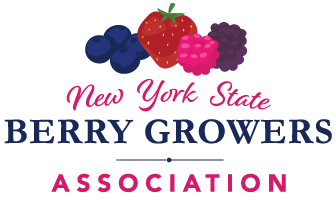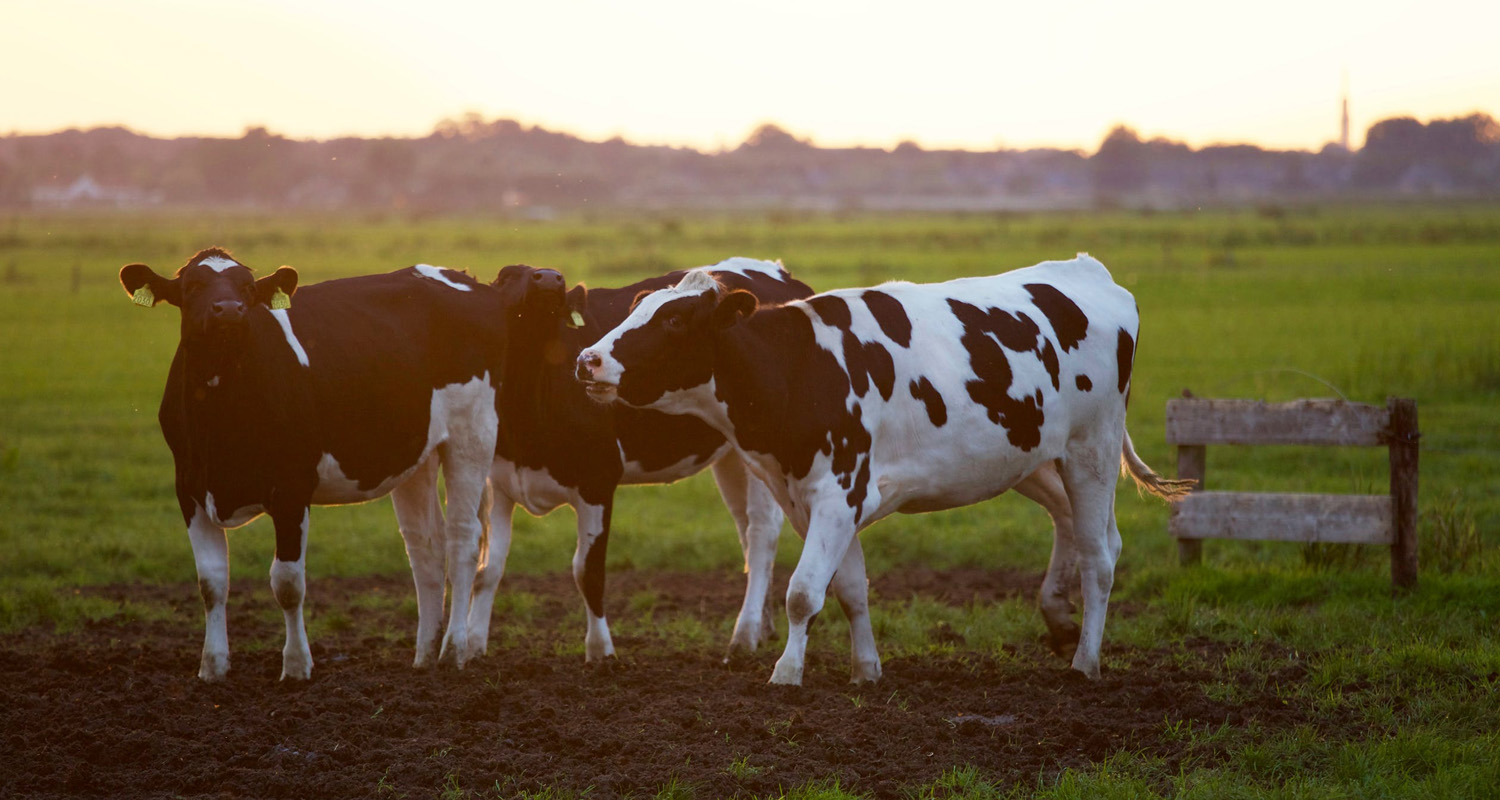In December, the 2018 Farm Bill, featuring more than $400 billion in agriculture subsidies, conservation programs, and food aid, passed the House 369–47 and the Senate 87–13. It was signed into law by President Donald Trump just before the holidays.
Although the President and the Republican majority in Congress were initially in favor of two provisions—more stringent work requirements for food stamp recipients, and relaxed restrictions on pesticide use—both became points of contention during House negotiations and were left off the Senate version of the bill.
Among its highlights, the bill reauthorizes crop insurance and conservation programs. It also supports trade programs, bioenergy production, and organic farming research, and it increases funding for employment and training programs by almost $15 million. Under the new law, dairy farmers will benefit from reduced-cost support programs, and industrial hemp cultivation will become legal. While the bill maintains current limits on farm subsidies, it expands the definition of family to include first cousins, nieces, and nephews, making them eligible for payments under the program.
New York Farm Bureau President David Fisher said, “Today’s final vote for the 2018 Farm Bill is a major victory for New York’s farmers, rural communities and consumers. Farmers needed stronger risk management tools in place moving into next year, where there are signs that the economic stress will continue in the farming community. In particular, the new Farm Bill enhances the dairy safety net for farms of every size, including increasing the margin that qualifies for federal insurance programs. New York Farm Bureau also appreciates the research and support programs in the bill that will benefit New York’s specialty crop producers. Having some certainty moving forward in challenging times is a relief for farmers.”
Fisher continued, “In addition, the Farm Bill supports critical conservation programs, rural development projects, and marketing and research programs to expand market opportunities for farmers. It legalizes industrial hemp which will benefit farms interested in diversification. And the legislation provides permanent funding to help veterans and a new generation of beginning farmers. The biggest portion of the Farm Bill also guarantees Americans, who can least afford to eat, the ability to access the food farmers produce.”

